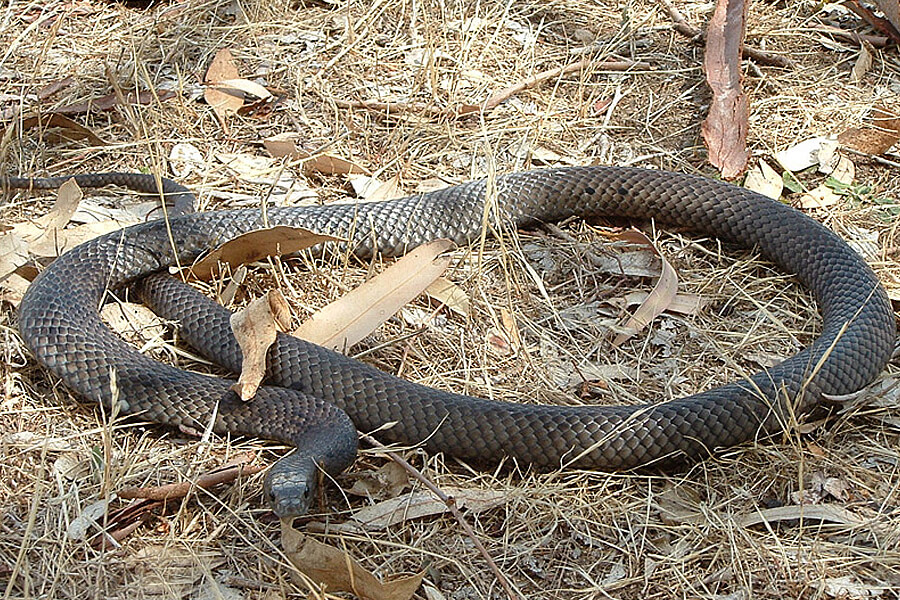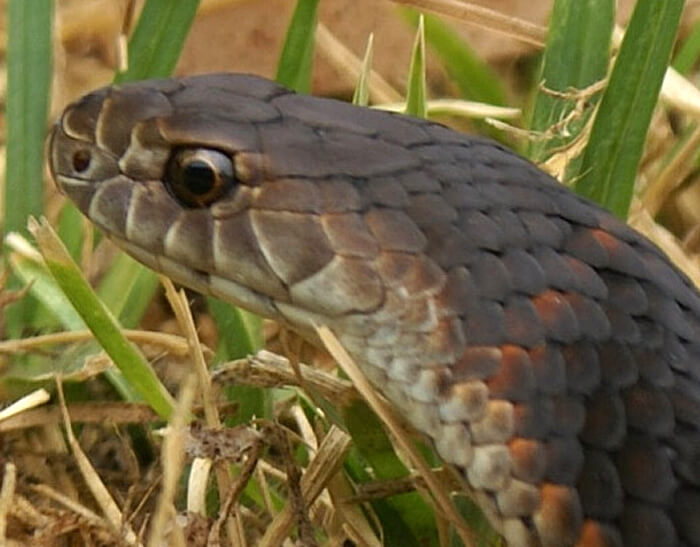Introduction
When it pertains to venomous snakes, Australia is home to a few of one of the most interesting and harmful varieties in the world. Amongst these, the Tiger Snake sticks out not just for its potent venom yet also for its intriguing behavior. Understanding the actions of venomous serpents like the Tiger Snake is essential for both wild animals fanatics and those residing in locations where these serpents are present. This write-up looks into different facets of Tiger Serpent habits, habitat, recognition, precaution, and emergency treatment techniques in situation of a snake bite.
Understanding the Habits of Venomous Snakes Like the Tiger Snake
The Click here Tiger Snake, scientifically called Notechis scutatus, is notorious for its aggressive nature when intimidated. These serpents exhibit a range of behaviors that can be rather various from their non-venomous counterparts.
Characteristics of Tiger Snakes
The Tiger Snake is quickly well-known as a result of its distinct bands or stripes that resemble a tiger's markings. They can differ in color from yellowish-brown to dark olive or black. This pigmentation offers not just as camouflage but additionally as a warning signal to potential predators.
Adaptability to Environment
One exceptional aspect of their actions is their adaptability to different environments. Found primarily in seaside areas, marshes, and wetlands throughout Australia and Tasmania, they can flourish in diverse habitats consisting of metropolitan locations.
Hunting Techniques
Tiger Serpents are ambush killers mostly preying on fish, frogs, and little animals. They have eager eyesight and an intense feeling of odor which aids them in locating victim effectively.
Venom Composition
Their poison has neurotoxins that affect the nerves, bring about paralysis or fatality in smaller animals. For human beings, immediate medical interest is crucial after a tiger serpent bite due to its potentially lethal effects.
Natural Habitat of Tiger Snakes
Preferred Locations
Understanding where these serpents stay sheds light on their behavioral patterns. The tiger serpent habitat includes:
- Coastal regions Swamps Grasslands Urban areas with plentiful water sources
Seasonal Movements
During warmer months, Tiger Snakes are much more active as they bask in sunshine or hunt for food. On the other hand, cooler months see them pulling back into hibernation sites.

Are Tiger Snakes Venomous?
Yes! The concern "are tiger snakes venomous?" often emerges among those not familiar with Respiratory Support this varieties. Their poison is thought about among the most dangerous among all serpent species worldwide.
Symptoms of a Tiger Serpent Bite
If bitten by a tiger serpent, signs might include:
- Localized pain Swelling at the bite site Nausea and vomiting Sweating and confusion
Immediate medical help is critical as neglected attacks can result in extreme health complications and even death.

First Help for Serpent Bites: Quick Feedback Guide
Knowing how to carry out first aid for a serpent bite might save a person's life. Here's what you ought to do:
Step 1: Remain Calm
Keeping tranquility aids reduce heart price which decreases venom spread.
Step 2: Paralyze the Affected Area
Keep the influenced limb still and listed below heart level if possible.
Step 3: Call Emergency Services
Always look for specialist medical help immediately after a serpent bite.
First Aid for Serpent Bite Package Essentials
A well-appointed snake bite emergency treatment kit need to include:
- A compression bandage Antiseptic wipes A set of scissors An ice bag
Safety Preventative measures: Protecting against Serpent Bites in Australia
Awareness Programs
Educating neighborhoods regarding local snake species and their actions can dramatically decrease experiences causing bites.
Avoiding Unsafe Areas
Staying away from lengthy grass during warmer months decreases call with serpents that might be relaxing or hunting.
Common Misunderstandings Concerning Tiger Snakes
Many people think misconceptions about the behaviors of tiger serpents result in unnecessary worry. Right here are some explanations:
Myth 1: All Tigers Are Aggressive
Not all tiger snakes will show aggressiveness if left uninterrupted; several like fleeing instead of confrontation.
Myth 2: They Chase Humans
Tiger serpents do not proactively go after humans; they might strike when they feel intimidated yet will usually pull back if offered space.
Conservation Efforts Connected to Poisonous Snakes
Conservation efforts concentrate on informing communities Bite Location concerning protecting local wild animals while decreasing human-snake interactions.
Importance of Ecosystems
Understanding that venomous snakes play a crucial function in keeping eco-friendly balance aids foster admiration as opposed to worry in the direction of them.
FAQs About Tiger Snakes
What should I do if I come across a tiger snake?- Maintain distance and gradually retreat without sudden movements.
- While attacks aren't exceptionally common due to recognition efforts, they still happen yearly within Australia.
- Baby tiger serpents can provide full dosages of poison regardless of being smaller sized; thus caution is encouraged around them.
- They primarily consume frogs, fish, tiny animals like rodents, and various other reptiles.
- It's illegal in most jurisdictions without correct licensing as a result of safety worries regarding their venom.
- Wear durable boots and stay on marked trails; look before putting hands or feet into concealed areas like rocks or logs.
Conclusion
Understanding the actions of poisonous serpents like the Tiger Snake not just boosts our understanding but also promotes security recognition among those living near their environments. From identifying their characteristics, comprehending emergency treatment protocols adhering to a bite, through involving preservation efforts-- every element plays an important function in promoting conjunction with these remarkable reptiles while valuing their place within our ecosystem.

As we grow our understanding through education and experience, we contribute positively toward making certain both human safety and wild animals conservation-- profiting all events involved!